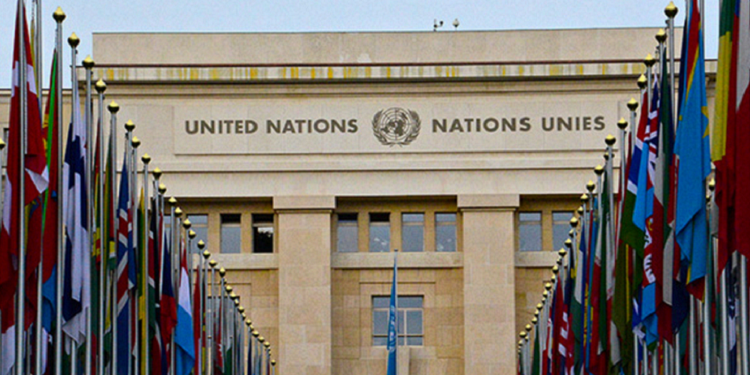The menace of child marriage & pregnancy in Uganda
Child marriages and teenage pregnancies are costing Uganda’s social economic progress and not conducive to the country’s wealth creation and prosperity, the United Nations Population Fund (UNFPA) Uganda Country Representative Mary Otieno said.
As the world commemorated World Population Day on Monday, experts and agencies gathered in the eastern Ugandan district of Kumi to assess the population challenges the country faces.
“Teenage pregnancy is a major health, social and economic issue that has affected many young people, their families, communities and countries globally,” Otieno said during the event, adding that early childbearing has potential to disrupt their development into adulthood.
“It impacts negatively their education aspirations, livelihoods, health, and future social economic productivity.
“The households and communities are compelled to shoulder an extra burden in supporting the young mother and her child but also lose the dividends due to early motherhood intersected with childhood,” she said.
UNFPA figures show that in Uganda, by the age of 21, many young people, especially in rural areas, have had at least three children and lack the means to postpone or delay or stop any unintended or unwanted pregnancy.
Presiding over the population day commemoration, Ugandan Prime Minister Robinah Nabbanja urged the public to take advantage of the existing government programs to create wealth instead of marrying off young girls for bride price.
“Government does not support the practice of marrying off young girls who are supposed to be in school,” Nabbanja said.
The commemoration was held under the theme “Mindset change for wealth creation: Ending child marriage and teenage pregnancy.”
World population to hit 8bn on Nov. 15, India to overtake China
The UN has announced that the world’s population is projected to reach eight billion on Nov. 15.
The information is in a statement released on Monday in New York by the UN to mark the 2022 World Population Day (WPD).
Clariform reports that WPD was established by the Governing Council of the UN Development Programme in 1989. It is an annual event observed on July 11 to raise awareness on global population issues.
The day has “A World of 8 billion: Towards a Resilient Future for All –Harnessing Opportunities and Ensuring Rights and Choices for All” as its theme for 2022.
In a statement issued by the Media Associate of the UN Population Fund (UNFPA) in Nigeria, Hajiya Kori Habib to a local media in Abuja on Monday, the world body stated that the world population figure is a milestone for humanity.
It also projected that India will be the world’s most populous country in 2023, surpassing China.
It added that growing number of countries face population ageing, while others have youthful and growing populations, as more people are on the move, either by choice or driven by crises ranging from conflict to climate change.
It stated that “understanding these shifts is critical to harnessing opportunities and mitigating potential downsides.
“Roughly two-thirds of the world’s population now live in a country or area with below-replacement fertility, or fewer than 2.1 births per woman. Fertility rates are at a historic low.”












